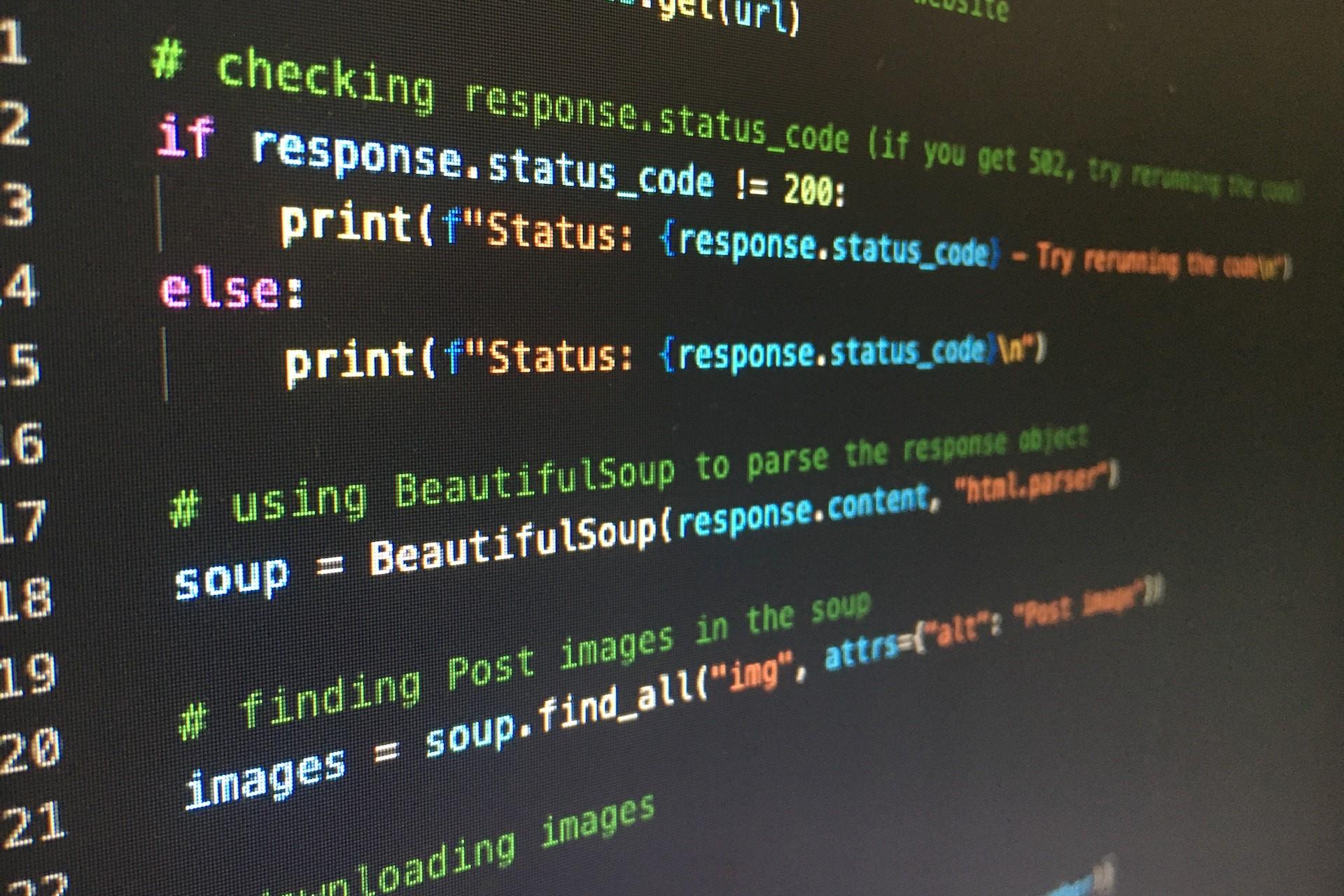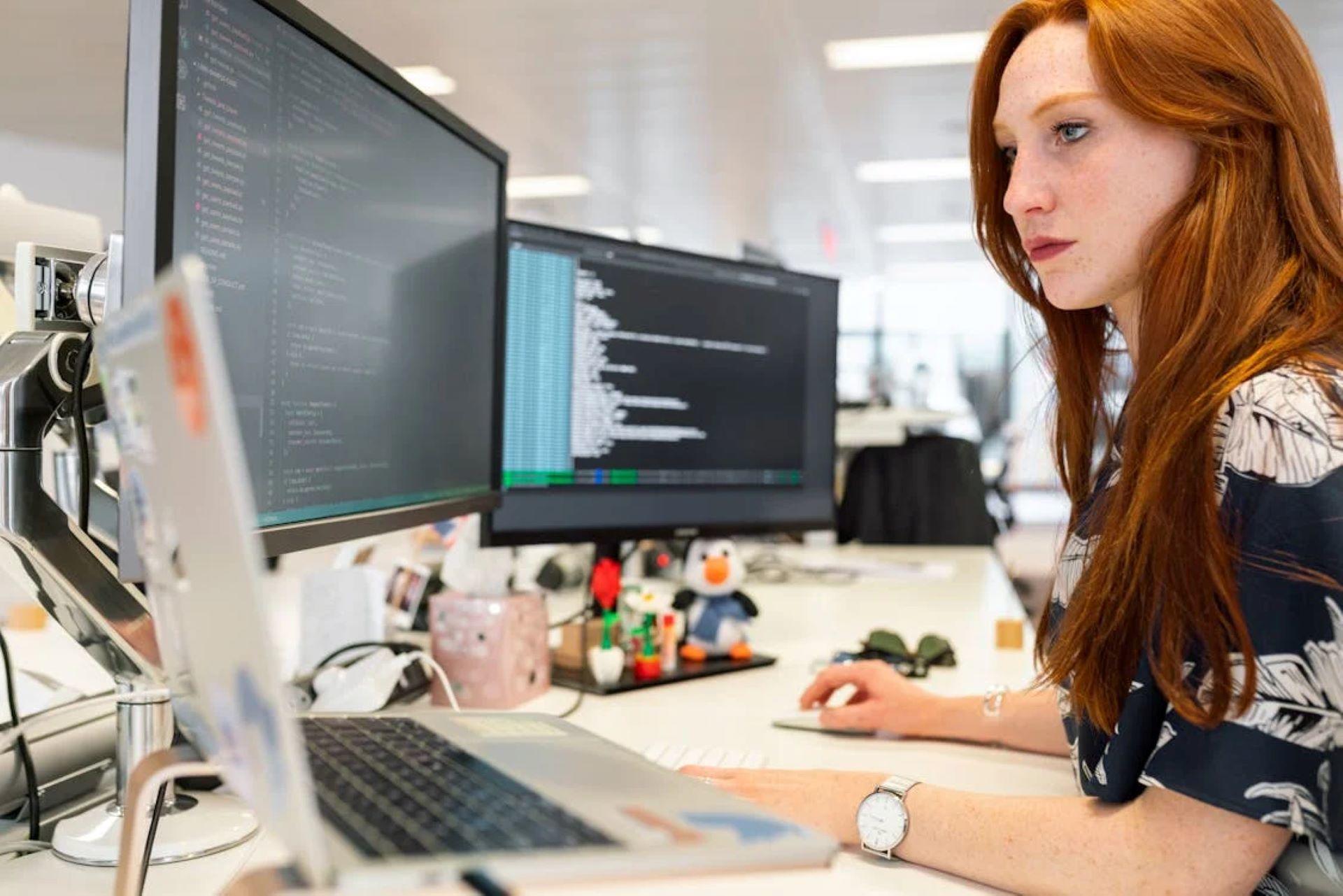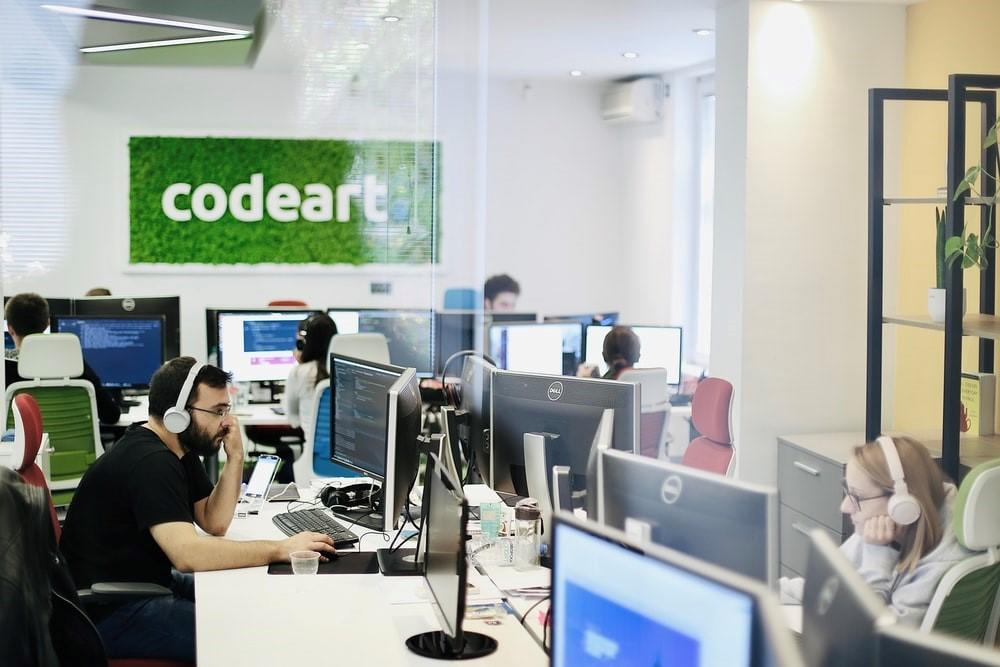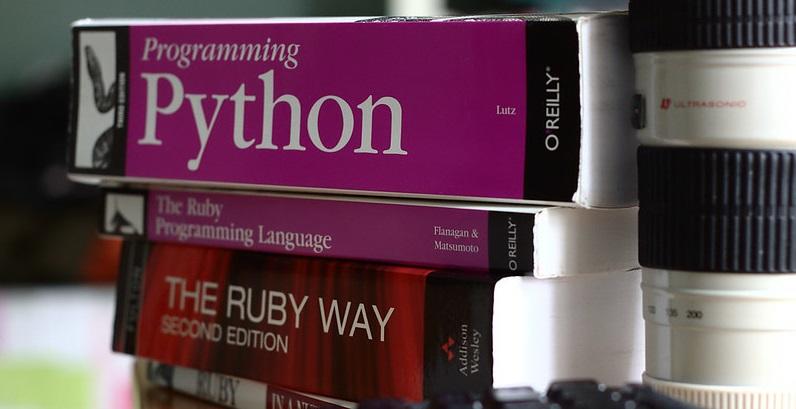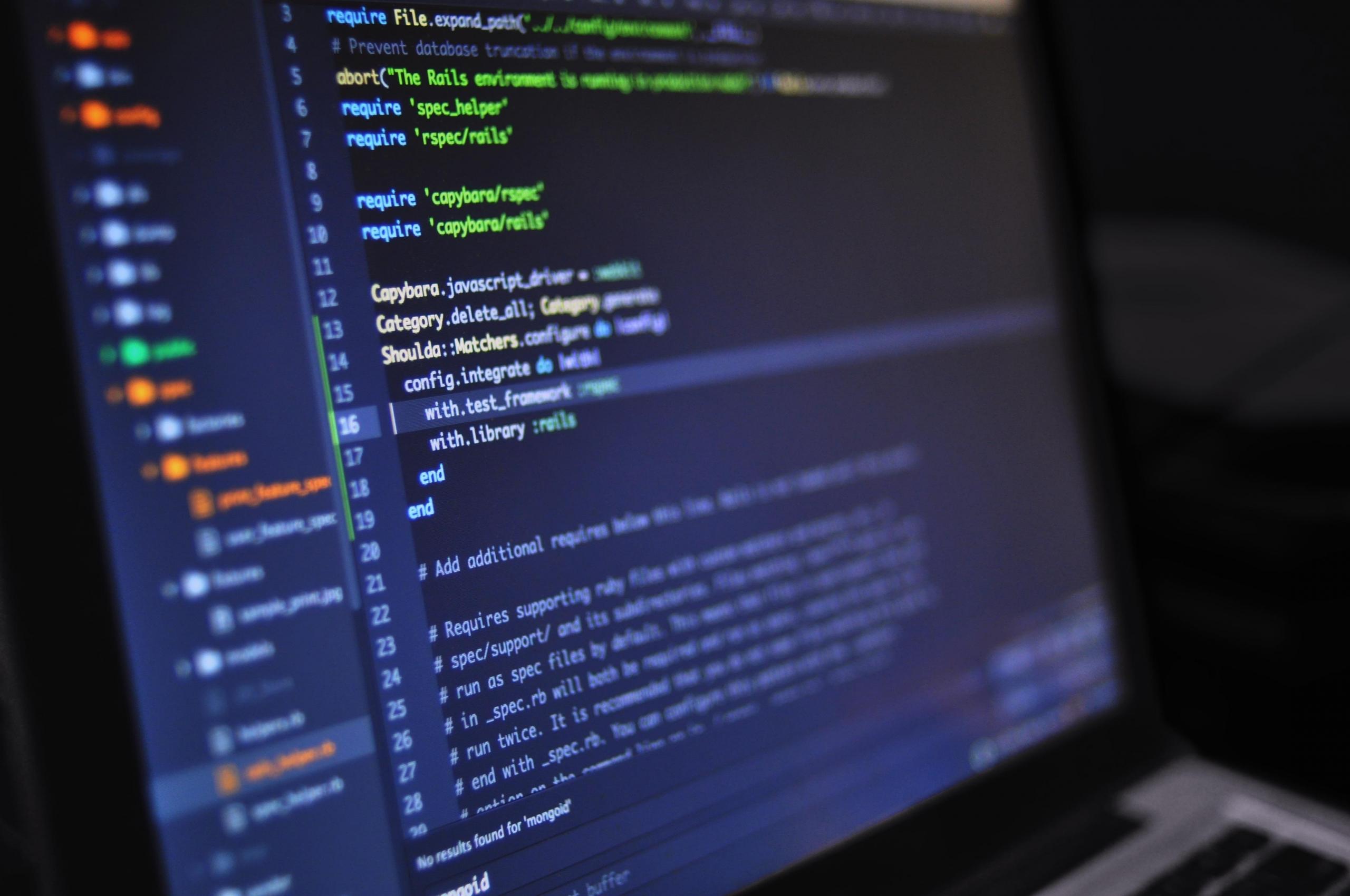Python is a programming language. Generally speaking, it's one of the better programming languages to learn because it's incredibly versatile and easy to learn.
This doesn't mean that it isn't without its challenges and before you dive into learning how to program in Python, you'll likely have a few questions.
Luckily for you, we'll be answering some of the big ones in this article.

What Is Python Used for?
Python is popular because of how readable and simple it is, which is why you'll see it used in so many different ways across so many different industries.
There are more uses for Python than those that we'll list here, but these should give you some ideas of the kinds of projects and careers you can do with Python.
Automation and Scripting
You can use Python to create scripts and automate repetitive tasks. Python can be used to automate file operations, system administration, scraping the web and extracting information from it, or automating databases.
Cybersecurity
There are also ways to use the Python programming language in cybersecurity and you'll see that many cybersecurity courses include classes on Python.
Commonly, Python can be used for penetration testing, network security, and writing security tools using popular frameworks like Scapy and PyCrypto for example.
Data Science and Analytics
When it comes to data, you can use Python for cleaning data, analyzing data, or even visualizing your data.
Common data science and analytic applications can include deep learning, data mining, data cleaning and preprocessing, machine learning, and data visualization.
Databases
Python is useful for managing databases. Python developers can use the Python programming language to manage and query their databases.
You can use it to connect to a database, execute queries, create tables, manage database versions, and import and export data to and from databases.
Education
Within education, Python is a popular programming language. We've already mentioned that it's a popular choice for beginners because of how easy it is to use.
Within computer science and related fields, you won't be surprised to find classes on programming that feature the Python programming language or even Python specifically.
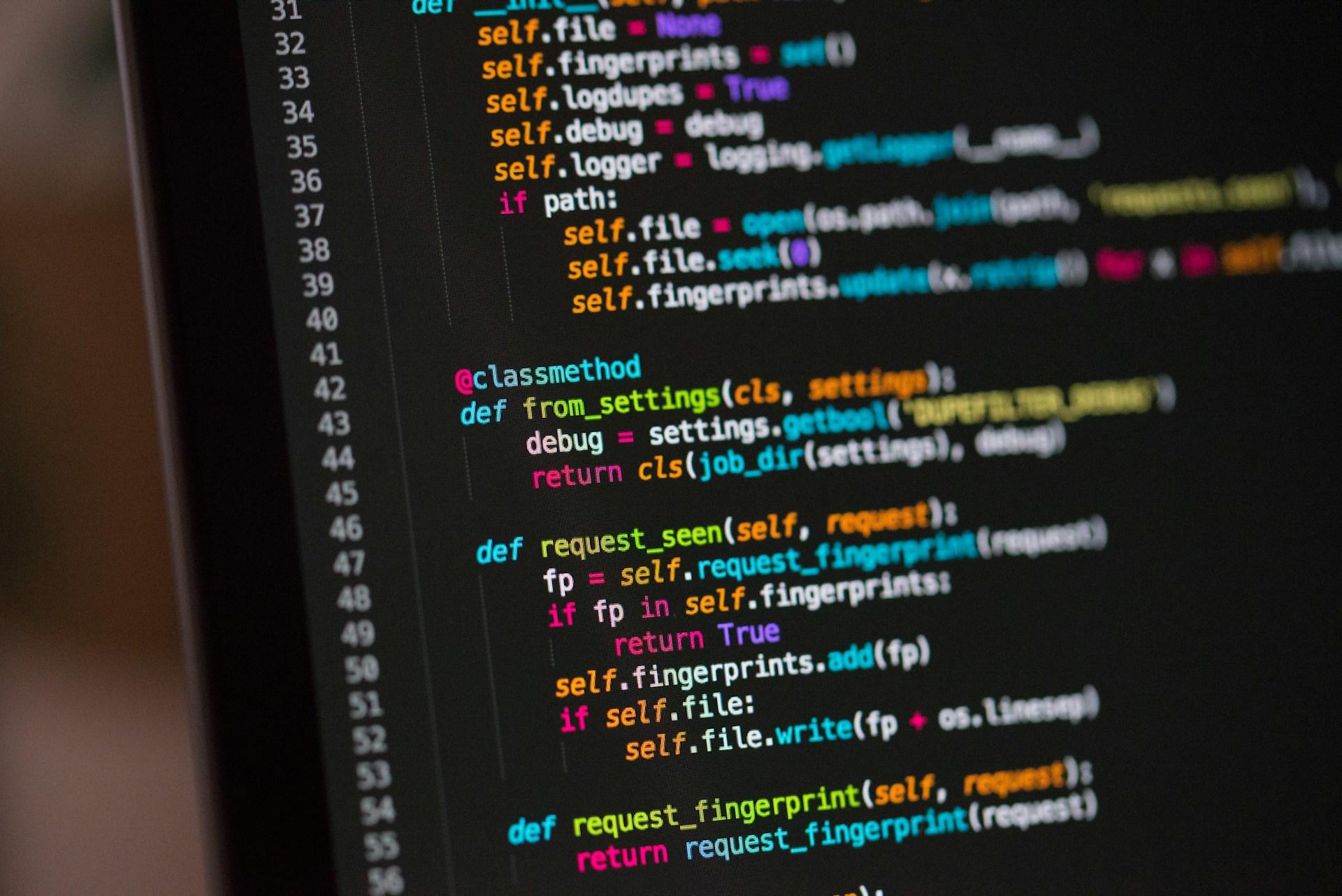
Game Development
Games are often built using one or several programming languages such as C++, C#, Java, and JavaScript, or even Python.
Python can be used to build certain parts of video games and while larger projects won't likely be fully built using Python, it can still be useful.
Machine Learning and Artificial Intelligence
With machine learning and AI hugely popular at the moment, the popularity of Python has exploded as it is the most popular programming language in the field.
That said, other programming languages like R, Java, C++, JavaScript, and Julia are also used in the field.
Python is an important part of ChatGPT and while certain aspects of the hugely popular AI language model remain a closely guarded secret, OpenAI has mentioned that Python is used for deep learning and machine learning.
Network Programming
Python can be used for network programming and building applications for networks. Common uses include low-level operations, HTTP requests, network automation, packet manipulation, web scraping, and network monitoring, testing, and simulation.
Science
Python is a popular programming language for scientists, too. Its versatility with data is particularly appreciated, but they can also use it for simulations and other scientific and technical applications.
It's a popular programming language in sciences like bioinformatics, cheminformatics, astronomy and astrophysics, neuroscience, physics, engineering, and mathematics.
If you're a scientist and you're going to learn a programming language, Python is a good place to start.
Web Development
Python is a popular programming language for Web APIs, Content Management Systems (CMS), web scraping, web security, and web testing.
Python is often used for backend web development, but it can be integrated into frontend APIs.
Find out how to use functions in Python.
Getting Started with Python
Now that you've seen just some of the places you can use Python, you're probably wondering how you can get started learning it.
Even with a programming language like Python, it can be complicated to work out how to get started. We'd recommend doing a course, taking a class, or even learning with a private Python tutor (there are plenty on the Superprof site).
Here are some of the things you'll need to learn about and understand to start programming in Python.
Syntax
In computer programming and programming languages like Python, syntax refers to the rules that your programming has to follow.
This can include the order of words, words and operators you can't use for anything else (things like if, else, for, while, etc.), punctuation, spaces, brackets, and how you structure certain statements.
Every programming language has specifics to its syntax, but you'll find that most follow a somewhat similar structure.
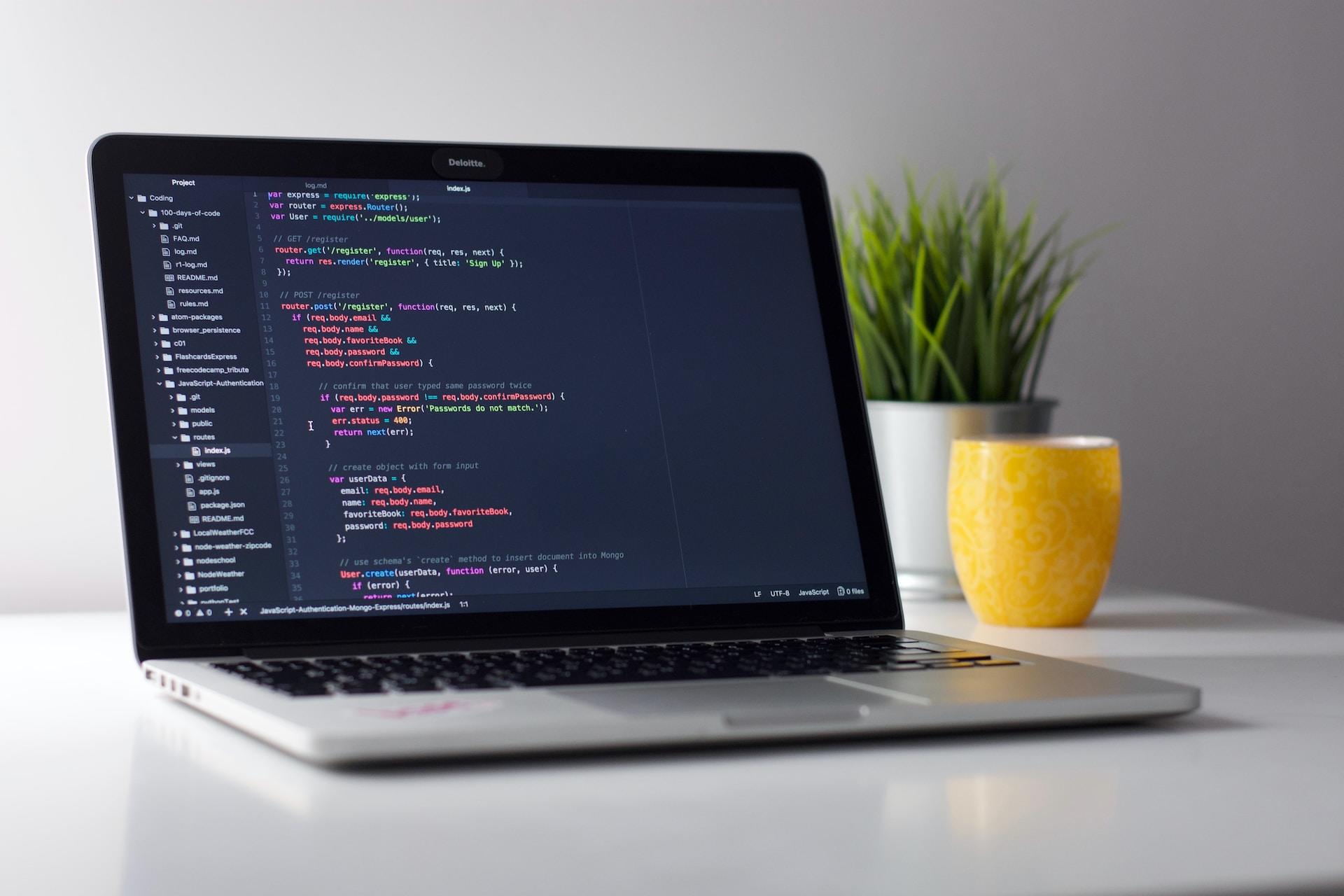
Data Types
Developers using Python need to understand different types of data and how Python understands them.
These data types can include integers, floats, strings, booleans, and lists. Unlike with some other programming languages, programmers don't need to explicitly declare their variables.
Learn about the different data structures used in Python.
Variables
In computer programming, a variable stores a data value. They're a huge part of programming and before you learn about them in Python, it's a good idea to spend some time understanding what they are in the larger context of programming and computer science.
Operators
In Python and every other programming language, operators are essential.
Programmers use operators to perform operations on data such as arithmetic operations like adding, subtracting, multiplying, etc. as well as making comparisons, and logical operators.
If you haven't studied logic or algorithmic thinking, it may be worth familiarizing yourself with it before you start studying a programming language.

How Difficult Is Python to Learn?
Python is regularly said to be a versatile programming language and one that's easy for beginners to learn.
One of the main reasons for this is that the syntax is quite readable and, if you speak English, more closely resembles human language than some of the other programming languages you could learn.

This syntax is also something that allows more complicated programming without ultimately having to use more complicated syntax.
It also helps that Python is widely used and there are plenty of resources to help you with learning it. The Python community is also incredibly helpful and new users of it can quite easily reach out for help when they get stuck.
How Quickly Can You Learn Python?
As with learning any new skill, you won't want to rush things. With programming languages, much like natural languages, it's hard to define exactly what it means to “know” the language.
How long it takes you to learn Python will depend on how much of the language you want to know and how quickly you pick it up. You can get the basics quite quickly, but if you want to become an expert in some very complex and technical uses of the programming language, you'll need to be patient.
It can take up to 3 months to learn the basics of Python and up to a year for the more advanced topics.
Learners with a background in computer science or a familiarity with other programming languages like JavaScript, Java, C#, or C++, for example, will probably take to learning Python much more quickly than absolute beginners.
How long it takes to learn will also depend on how often and for how long you're learning the language. To stay sharp, you'll need to regularly practice using Python and you'll get much better results if you often take the time to do some coding exercises, study Python, and complete programming projects.
Studying Python little and often tends to provide better results more quickly than infrequently spending long sessions trying to study.
Structured learning will provide better results, too, so if you can get private tutoring or attend a class on learning how to program in Python, we'd recommend it. You can teach yourself and a lot of computer programmers do, but it requires a lot of determination, patience, and organization.
What About the Other Programming Languages?
Certain programming languages are better suited than others for certain applications so you can't say outright which programming language is the best or even which one you should learn.
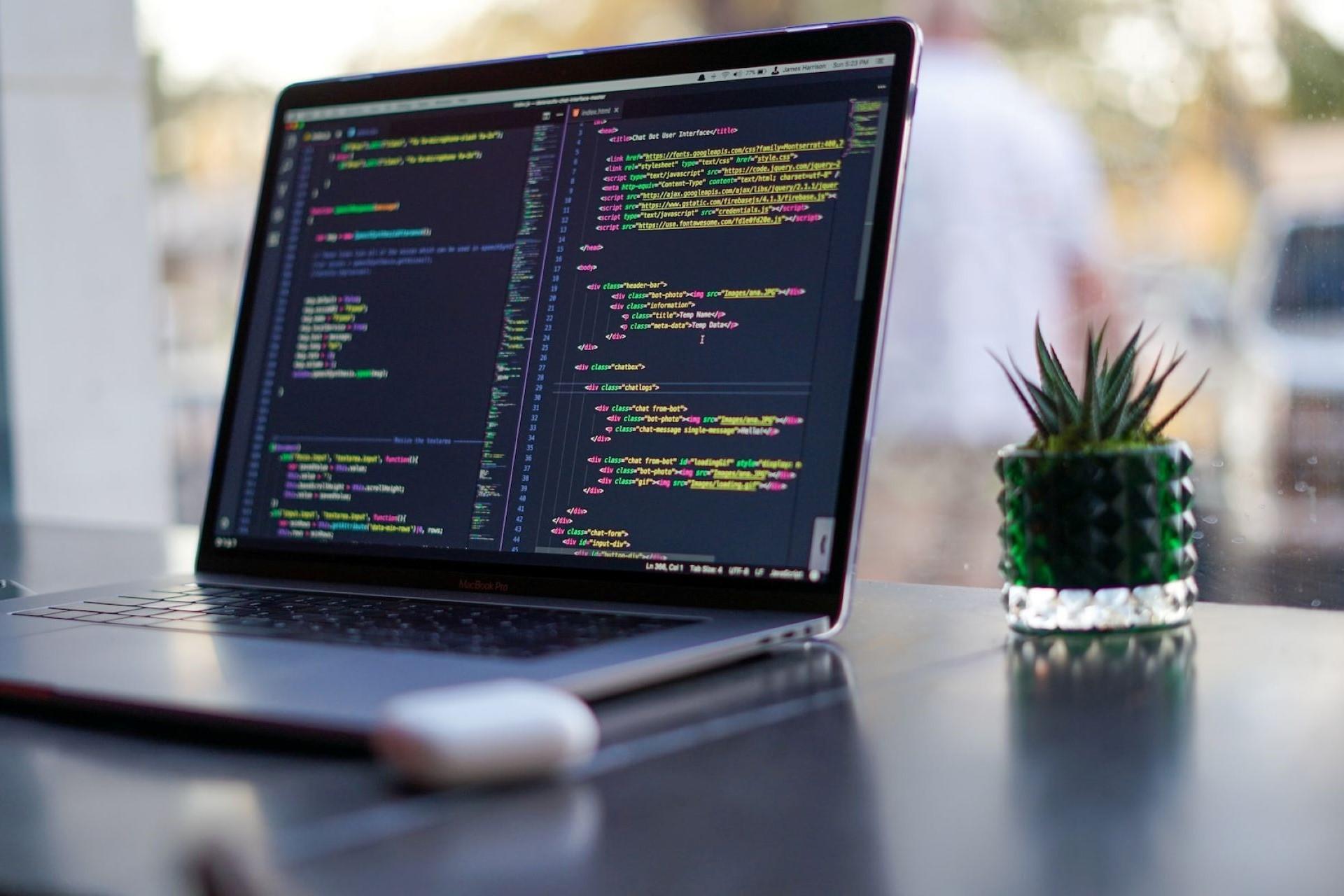
The C++ programming language, for example, tends to be better than Python when it comes to execution speed, system-level programming, resource management, and hardware interaction, there are plenty of reasons why Python is preferred over it in many of the uses and applications we outlined earlier.
When it comes to choosing which programming language to learn, it's a matter of choosing the right tools for the job and the right programming language for you.
With any of the uses we mentioned earlier, Python would be an excellent choice, especially if you're new to programming, though languages like JavaScript, Java, and C# are also all recommended as good for beginners.
If you're still not sure, you can always look for programming tutors on the Superprof website who can help you choose the right programming language to learn and the best ways to learn it.
Summarize with AI:

